NEPRA slashes power tariff by Rs1.82/unit for August
Adjustment not available for consumers using up to 300 units per month
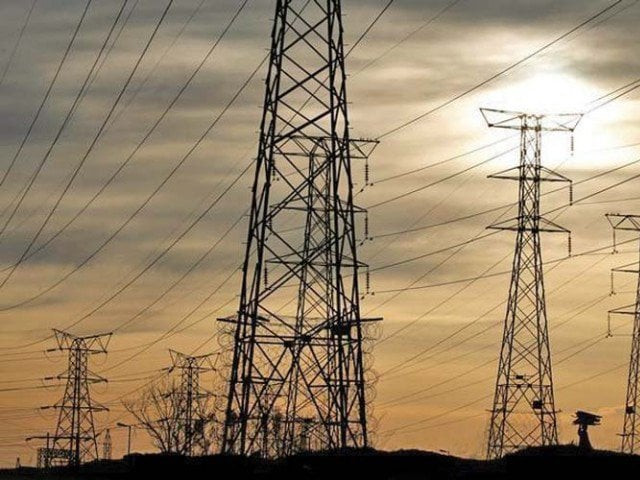
PHOTO: FILE
The National Electric Power Regulatory Authority (Nepra) on Tuesday approved Rs1.82 per unit reduction in power tariff on account of fuel adjustment for the month of August 2017.
In a public hearing on a petition filed by Central Power Purchasing Agency (CPPA-G), the Nepra decided that a relief of Rs1.82 per unit be passed on to consumers for the month of August. The hearing was presided over by Nepra member from Khyber-Pakhtunkhwa Himayatullah Khan.
NEPRA slashes power tariff by Rs3.36 per unit
The CPPA had filed a petition requesting a decrease of Rs1.80 per unit on account of fuel adjustment. The consumers will get benefit of around Rs23 billion and the relief will be given in next month’s bills.
This adjustment will be available to domestic consumers in entire Pakistan, except for Karachi where K-Electric decides all matters related to power tariff adjustments. The adjustment will also not be available to domestic consumers that use up to 300 units per month, apart from those using more than 300 units per month.
The CPPA-G filed a petition before the power regulator for a tariff cut on behalf of ex-Wapda distribution companies. In its petition, the CPPA-G reported that it had charged consumers a reference tariff of Rs6.456 per unit in August against the actual fuel cost of Rs4.648 per unit. Therefore, there is a legal requirement to return Rs1.80 per unit to consumers.
Dec 2016: NEPRA slashes power tariff by Rs2.21 per unit
The reduction in actual generation cost was mainly because of a decline in fuel prices and higher contribution from the cheapest source - hydropower.
However, in his observation, Himayatullah questioned the use of high speed diesel (HSD) in four thermal power plants in August which had generated expensive electricity. Four thermal power plants, Orient, Saif, Sapphire and Hallmore, located in Punjab, were operated on HSD which generated expensive electricity at a cost of Rs13.5 per unit. He warned CPPA about the expensive generation and asked them to use gas to produce electricity.
The officials of the CPPA informed that the use of HSD for power generation had an impact of Rs2 billion extra on power consumers.
NEPRA to slash power tariff by Rs2.77
Himayatullah said by using HSD the government was burdening the consumers with Rs24 billion extra per year. The CPPA officials said in this regard NEPRA should talk to the Ministry of Energy to provide gas for these plants.
According to the CPPA-G, about 12,754.30 GWh (Gigawatt hours) were generated in August and 12,410.15 GWh delivered to distribution companies due to about 2.6% transmission losses.
It said the share of hydropower production in the overall energy mix in August stood at 32.90%.
NEPRA announces Rs2.06 per unit cut in power tariff
Wind and solar plants together contributed about 2.07% energy at no fuel cost.
The power generation from furnace oil-based power plants was 24.49% at a cost of Rs9.391 per unit. Similarly, the natural gas-based generation was 16.83% in August at a cost of Rs4.37 per unit. The generation from imported liquefied natural gas (LNG) also contributed 10.74% to the overall power supply at a rate of Rs7.47 per unit.
The overall energy contribution from coal was 3.18% as against 2.95% in July, and its fuel cost of generation stood at Rs4.29 per unit.
NEPRA likely to cut tariff by Rs2.78 per unit
The cost of generation from HSD stood at Rs13.50 per unit with a contribution of 2.63% to the overall power supply. Imported electricity from Iran contributed around 0.41% to the energy pool with a cost of Rs10.63 per unit.
The CPPA said total energy was generated at a total cost of Rs57.88 billion or Rs4.49 per unit, while 2.7% lesser power was supplied to distribution companies at a cost of Rs57.68 billion or Rs4.648 per unit.

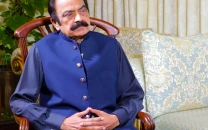
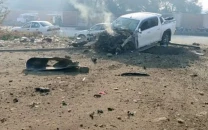
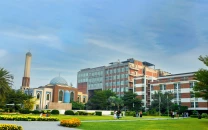
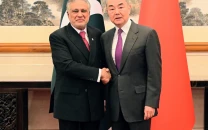

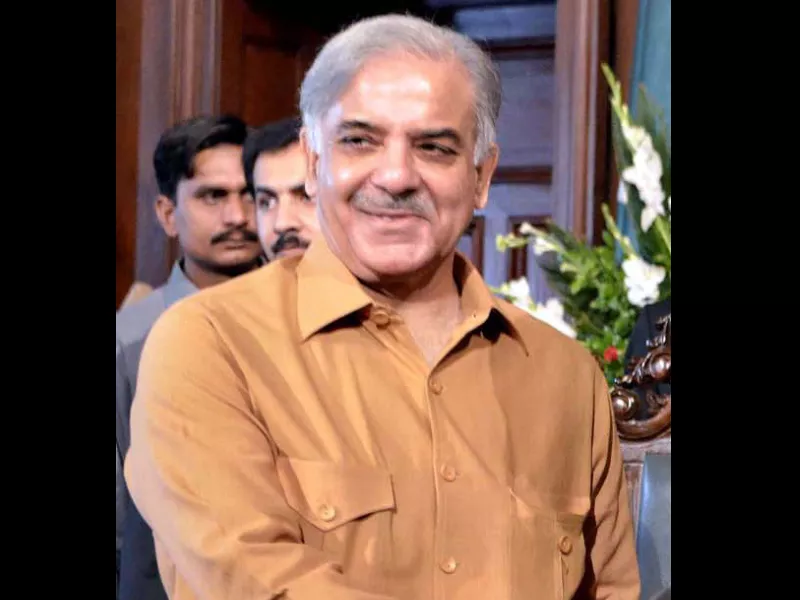




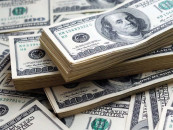







COMMENTS
Comments are moderated and generally will be posted if they are on-topic and not abusive.
For more information, please see our Comments FAQ